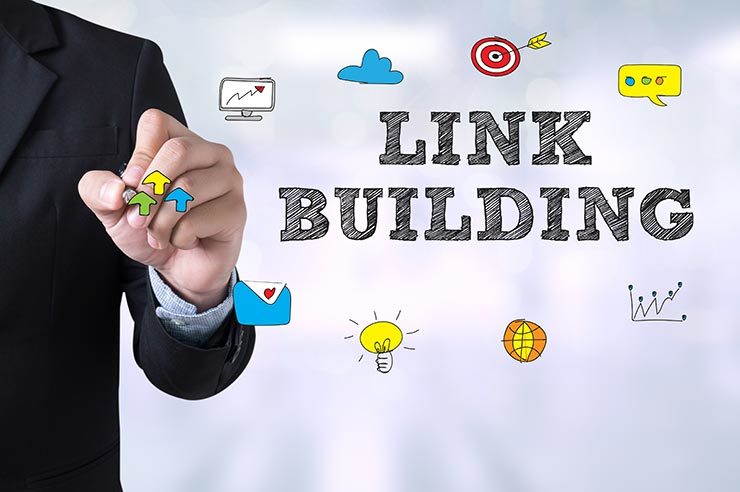Methods of Linkbuilding
The most important way to get links is to have a site that people want to link to. When you have useful information on your site, others will naturally link to it. If your Jacksonville antique store has a worthwhile discussion of Art Deco furniture, for example, other websites discussing Art Deco will use it as a reference. If your site has a tool that helps people figure out where to place antique furniture in their homes (since antiques are often different in size and shape from contemporary styles), then decorating sites are likely to link to it.
Talk to Oyova if your site isn’t the kind that encourages people to link — or you have an idea for a clever tool or game. Those things can be the most appealing linkbait, and we have the skills to build them for you.
Paid and Trade
Buying links and pretending they’re organic is a bad idea, but buying ads at other sites can send traffic and get your site known. As long as you make it clear that your link is an ad, there’s no penalty from search engines. We’ve seen banner ads or square sidebar ads in the right places produce great results. Be sure to ask for a website’s stats before you pay for your ad.
Trades are also called “reciprocal links.” Sometimes it’s a matter of swapping links with an associate. Your antique store, for example, might trade links with a decorator or a home decor shop. Directories and blog rings also often ask for a link back when they link to you, as do some professional organizations. If the site you link to is a good quality site and the link isn’t too obtrusive, this can be a good thing to do. Just don’t go overboard.
Search engines don’t give you as much credit for paid and reciprocal links as for natural links, but they often provide good traffic to your site. After all, if the people at the other site are interested in the same things your visitors are interested in, they’re likely to enjoy your site as well.
Social Media
When you participate in social media at social sites like Facebook or LinkedIn, join the conversation on a forum, or make a useful comment on a blog, you can often sign with a link to your site. Again, these links may not be counted by search engines (some sites specifically tag these links “nofollow,” telling search engines to ignore them) but they can bring you good traffic. They can also increase your overall online visibility and encourage others to link to your site naturally.
Link Requests
You can ask for links, and you may get them, too, if you have something to offer the visitors to a website. For example, if you find a Florida tourist information website that lists antique stores, you can write to the webmaster and suggest that your website belongs on the list. If you have a page explaining how to care for antique furniture, you can suggest to a site about homemaking that they should link to that page of your website. Write an email specifically to the webmaster or owner of the site, using his or her name if at all possible, and explain why you think your website would provide value for the site’s visitors.
This is different from reciprocal linking; you’re just pointing out a page that you think the other site would naturally choose to link to. You’re drawing attention to your link bait and asking for a link that the other site overlooked.
Put in an hour or so a week, and you’ll be rewarded with better rankings, more traffic, and brisker business.
